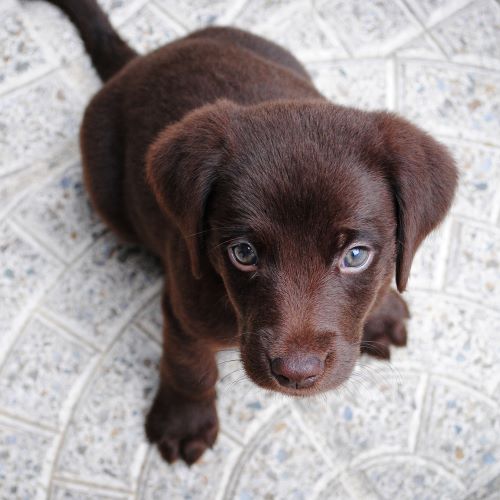Information on Cookies
To make the best use of our website, you'll need to make sure your web browser is set to accept cookies to ensure you receive the best experience.
For further information, please read our Cookies Policy.

Log In

It has been revealed that local authorities received almost 1,000 enquiries from concerned members of the public in 2020 and 2021 - with this figure having increased by 6.75 percent in 2021. The highest number of enquiries came from Carmarthenshire - 221 in 2020 and 149 in 2021; Powys - 61 in 2020 and 50 in 2021 and Ceredigion - 32 in 2020 and 76 in 2021.
Local authorities undertook almost 600 investigations over the two years, with the number of investigations increasing by 62 percent in 2021, compared to 2020. Carmarthenshire had the most with 58 in 2020 and 72 in 2021, followed by Ceredigion with 11 in 2020 and 65 in 2021 and Blaenau Gwent with 47 in 2020 and 42 in 2021.
The number of prosecutions undertaken by local authorities also doubled in 2021 (eight) compared to 2020 (four). Carmarthenshire and Isle of Anglesey topped the list with two prosecutions each last year.
Local authorities are responsible in law for the licensing of breeding establishments and ensuring they uphold the conditions of their licences.
RSPCA Cymru's public affairs officer Billie-Jade Thomas said:
It is encouraging to see local authorities acting on information given to them by members of the public, and may suggest that puppy purchasers are becoming more savvy, and are listening to advice when it comes to puppy farms and breeders. But these figures demonstrate there's still significant issues with poor puppy breeding practices in Wales - and we're worried they may only be the tip of the iceberg.
The RSPCA urges anyone who has concerns about puppy selling, or if you are concerned that someone is selling puppies without a licence, to contact the local trading standards team, who are responsible for the licensing of breeders. The RSPCA will assist when necessary if there is a welfare issue and also supports local authorities by rehoming animals that are rescued from illegal breeders.
Billie added:
While we'd always encourage people to adopt a rescue dog instead, we know that lots of families want to take on a puppy. To help them ensure they find a responsible breeder who prioritises the health and welfare of the dogs we believe it is incredibly important that they use free tools such as the Puppy Contract.
Good breeding and care can help ensure puppies and their parents have happy and healthy lives. Irresponsible breeding and poor care can cause health and behavioural problems in puppies and stress and expense for owners - and sadly these new statistics suggest this is still all too common in Wales.
RSPCA Cymru continues to call on the Welsh Government to improve Wales¿ dog breeding laws. Back in November 2020, the Welsh Government published their response to an expert Task and Finish Group by the Wales Animal Health and Welfare Framework Group. The review had made 55 recommendations - covering issues such as improved training for local authorities and amending the controversial minimum staff-to-dog ratio to ensure staff have more time with animals, but most of these have not yet been taken on by the Welsh Government...
David Bowles, RSPCA head of public affairs, added:
The review into Wales' dog breeding laws was a hugely important piece of work and made some really important recommendations which could improve dog welfare and help shake off Wales' sad reputation as the UK's puppy farming capital.
However, few of the 55 recommendations have been taken on board, so we urge the Welsh Government to bring forward plans to update the breeding legislation.
Parts of Wales have an unenviable reputation for poor breeding practices. It is vital that local authorities in Wales feel equipped to tackle this serious problem, and are in a position to stamp out such incidents and ensure breeders protect the welfare of dogs and puppies involved.
Given the overpopulation of companion animals in Wales, we'd instead urge people to strongly consider adopting a dog or puppy in need of a second chance - rather than potentially funding yet more breeding; some of which - as this data shows - could be compromising welfare.
